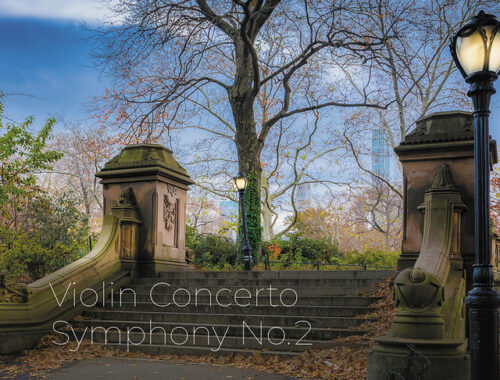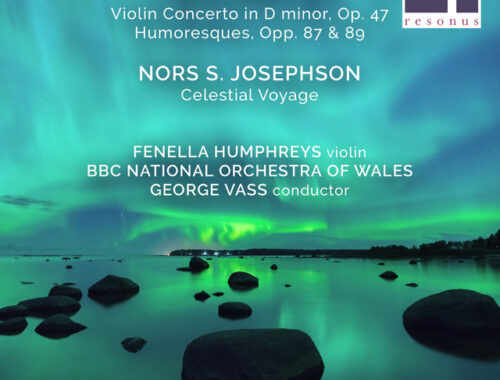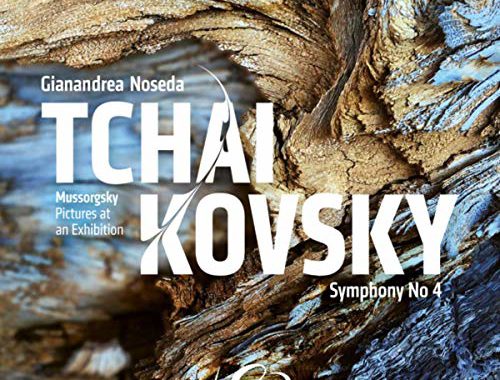GRAMOPHONE Review: Elgar Symphony No. 2, Serenade For Strings – BBC Symphony Orchestra/Gardiner
 The opening movement of Elgar’s Second Symphony has brought great diversity of approach over the decades. How to interpret that tempo marking “Allegro vivace e nobilmente”? Exuberance, pace, and nobility. Gardner steers the middle path between expansive Barbirolli (perhaps rather too expansive in his still cherished later recording) and propulsive Elgar. The “spirit of delight” is there alright but so is a sense of sweeping expansiveness grandly endorsed in swelling horns. And when magic casements open on to the central section of the movement Gardner really has us breathe in the heady perfumed air of the nocturnal “garden of delights” sequence – Elgar at his most extravagant and exotic.
The opening movement of Elgar’s Second Symphony has brought great diversity of approach over the decades. How to interpret that tempo marking “Allegro vivace e nobilmente”? Exuberance, pace, and nobility. Gardner steers the middle path between expansive Barbirolli (perhaps rather too expansive in his still cherished later recording) and propulsive Elgar. The “spirit of delight” is there alright but so is a sense of sweeping expansiveness grandly endorsed in swelling horns. And when magic casements open on to the central section of the movement Gardner really has us breathe in the heady perfumed air of the nocturnal “garden of delights” sequence – Elgar at his most extravagant and exotic.
So far so good. Gardner demonstrates an unerring sense of how the tricky transitions work in this piece and his appreciation of its harmonic delights is self-evident. And he has the seasoned instincts of the BBC Symphony Orchestra ensuring a naturalness and spontaneity through all the phrasing. So why the niggling feeling that something is missing: that last degree of heft, perhaps, a suggestion of unbridled passion driving the climaxes, a sense of being on the threshold of something much bigger?
Again there is beauty and grandeur in Elgar’s heroic homage to King Edward VII and his dear friend Alfred E Rodewald (to say nothing of Beethoven’s Eroica) in the great slow movement. The winding oboe counterpoint at the heart of it feels like a spontaneous embellishment of the grand processional progressing below it and in the wake of the final climax the extravagant falling glissandi in the violins do unquestionably carry an emotional charge if not the hand-wringing intensity of a Barbirolli.
I wonder too if the striking scherzo – played here with muscular vitality – might not have peaked a little more shockingly by pushing the tail end of the pounding percussion crescendo fractionally beyond our expectations (it does anyway peak later than we expect it to). That “Four Horsemen of the Apocalypse” image carries a chilling prescience.
The finale is handsomely despatched, its culmination a really splendid climax with Gardner ensuring that the horn counterpoint has thrilling prominence and that the big rhetorical phrases which follow set up a highly-wrought return of the falling phrases of the nobilmente theme. They are, of course, the last hushed recollections of that most Wagnerian of Elgar codas.
The Serenade for Strings is a lovely understated bonus, the gorgeous slow movement blossoming at its heart without a trace of emotional excess.
If I don’t sound entirely convinced by the symphony it has less to do with anything specific that Gardner does or does not deliver – I have the highest regard for him – but rather a feeling that further life experience will make it even better. Barbirolli and Barenboim have in spades the risk and temperament that longevity brings.
You May Also Like

GRAMOPHONE Review: Weill Violin Concerto / Symphony No. 2 – Tamás Kocsis, Ulster Orchestra/Van Steen
02/10/2022
GRAMOPHONE Review: Sibelius / Josephson Violin Concertos Fenella Humphreys BBC NOW/Vass
12/08/2021

